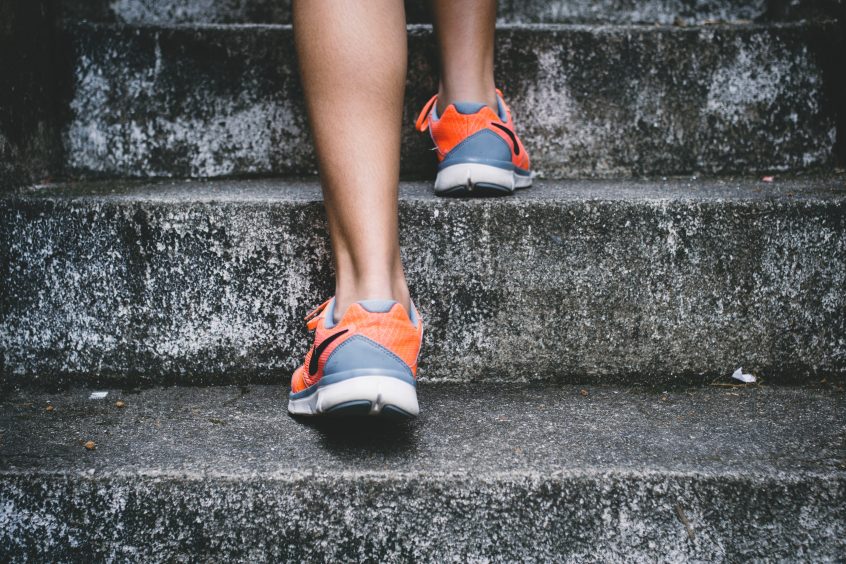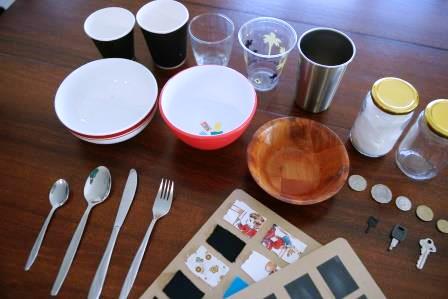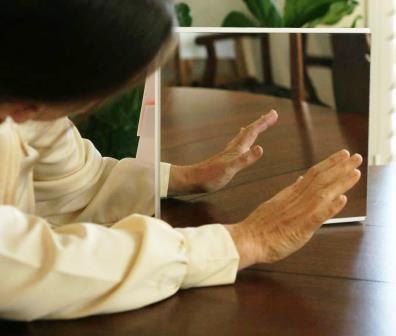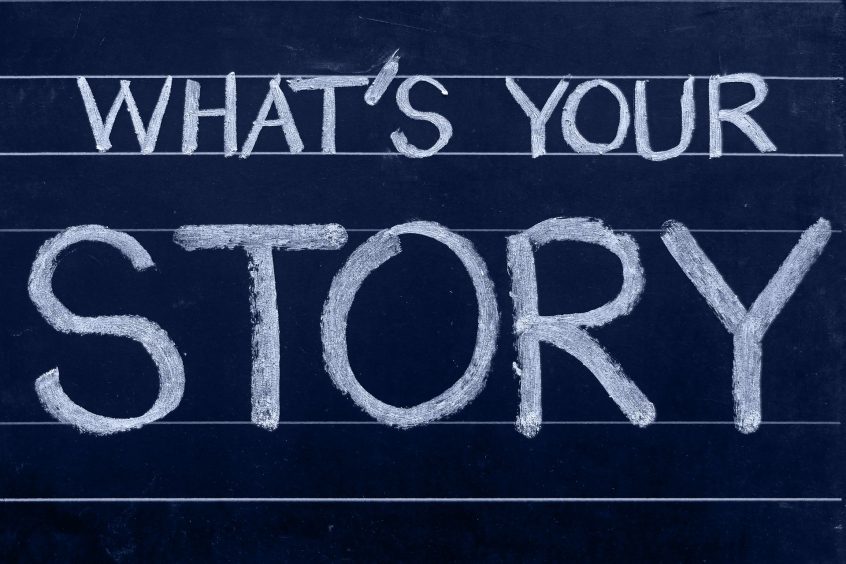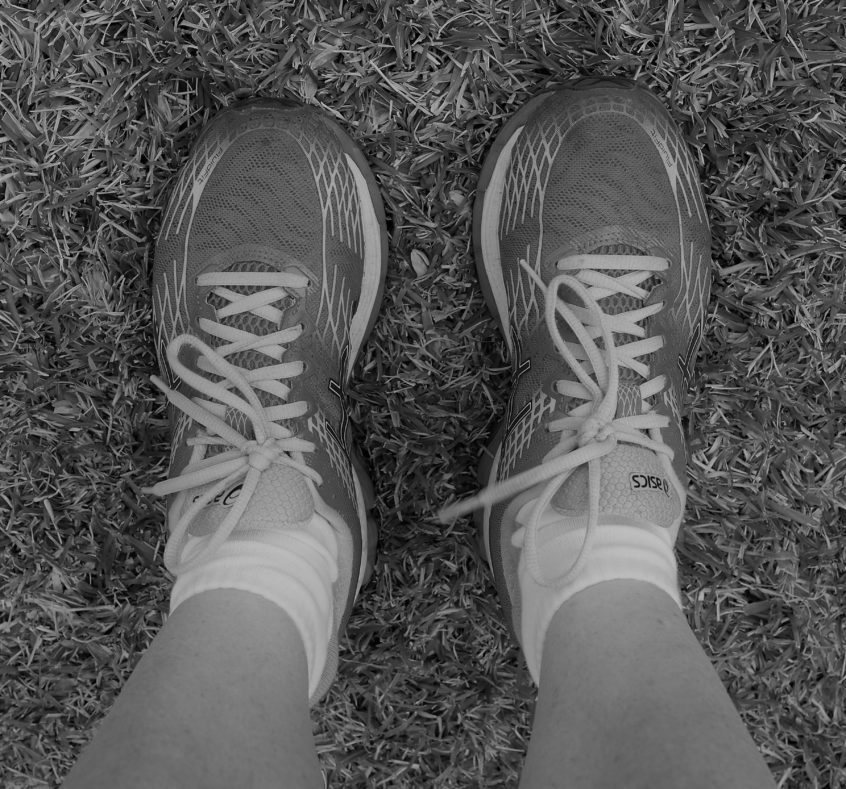I stand by my first piece of advice, “The best exercise to do, is the one that you like! It means you will enjoy it and will do it regularly.” It is also important that you have recently checked in with your GP and/or neurologist so that your medical issues are well understood and managed. Whether you are open to … Read More
TPP & the NDIS
Transitions Physiotherapy works with adults of any age with different conditions. We support people to live their best life at home and in the community. We assist people to meet their goals of better strength and fitness, improved walking and well-being, and independence. Transitions Physiotherapy delivers physiotherapy to NDIS participants who are self-managed or plan-managed. Transitions Physiotherapy Perth is NOT … Read More
Neurological Physiotherapy for Ataxia
People with ataxia may experience difficulty with controlling timing, force, direction and rhythm of movements making everyday tasks such as walking and standing difficult. Depending on the cause of ataxia, people may also experience tremor, altered balance, impaired sensation and increased risk of falls, as well as fatigue. Neurological physiotherapy promotes improved function by including a variety of exercises and … Read More
How many repetitions are needed to reach recovery goals post-stroke?
Recovery following stroke is based on neuroplasticity – the ability of the brain to change in response to what we do. In the past, we talked about how many hours a day of physiotherapy or rehabilitation people needed to do to achieve their goals. It has become clear however that it it is not the number of minutes spent doing … Read More
Retraining Walking and Running after Brain Injury
Many people with neurological conditions such as traumatic brain injury (TBI) and stroke regain the ability to walk but still experience problems with increasing walking speed, jogging/running or jumping/hopping making it difficult to return to previous hobbies, occupational or sporting activities. Regaining these skills demands different training or therapy to those used for retraining walking as the physical requirements of … Read More
Sensory Retraining After Stroke
Loss or alteration of sensation is common after stroke. More than half of all stroke survivors have impaired sensation of the arm or hand. Stroke survivors may have difficulty detecting temperature, touch, texture or may experience pins and needles, pain or other unusual sensations following stroke. This contributes to difficulties with everyday tasks. Active sensory retraining involves manual exploration of … Read More
Pain After Stroke
“Pain is common after stroke. It can start while the body is healing, but it can also stick around long term. When it does, it makes daily life difficult, and can wear you down over time. But even if you can’t make your pain go away, it’s still possible to do something about it.” EnableMe Podcast In the EnableMe podcast … Read More
What Is Mirror Box Therapy?
Mirror Box Therapy is another tool that that is used to harness the brain’s ability to rewire itself and assist with recovery following stroke. Recent evidence supports the effectiveness of Mirror Box Therapy as an inclusion in rehabilitation for improving motor function, reducing pain, reducing neglect and reducing sensory impairment following stroke. “Mirror therapy is a form of motor imagery … Read More
Long-term Recovery After Stroke
Stroke affects people in different ways. Recovery after stroke also works in different ways. Commonly, big improvements in stroke symptoms are experienced in the first months following stroke. Many stroke survivors continue to see improvements years after stroke with a continued commitment to rehabilitation. Stroke survivors who experience long term recovery following stroke describe it as a lifelong commitment; requiring … Read More
Exercise in the Community
Central to health and well-being is an active lifestyle.An active lifestyle benefits the mind, body and soul. Evidence demonstrates regardless of whether you have arthritis, diabetes, a neurological condition such as stroke, dementia, depression and many other health conditions, activity and exercise improve quality of life.Being active means different things to different people. For some, walking the dog each morning … Read More
- Page 1 of 2
- 1
- 2

